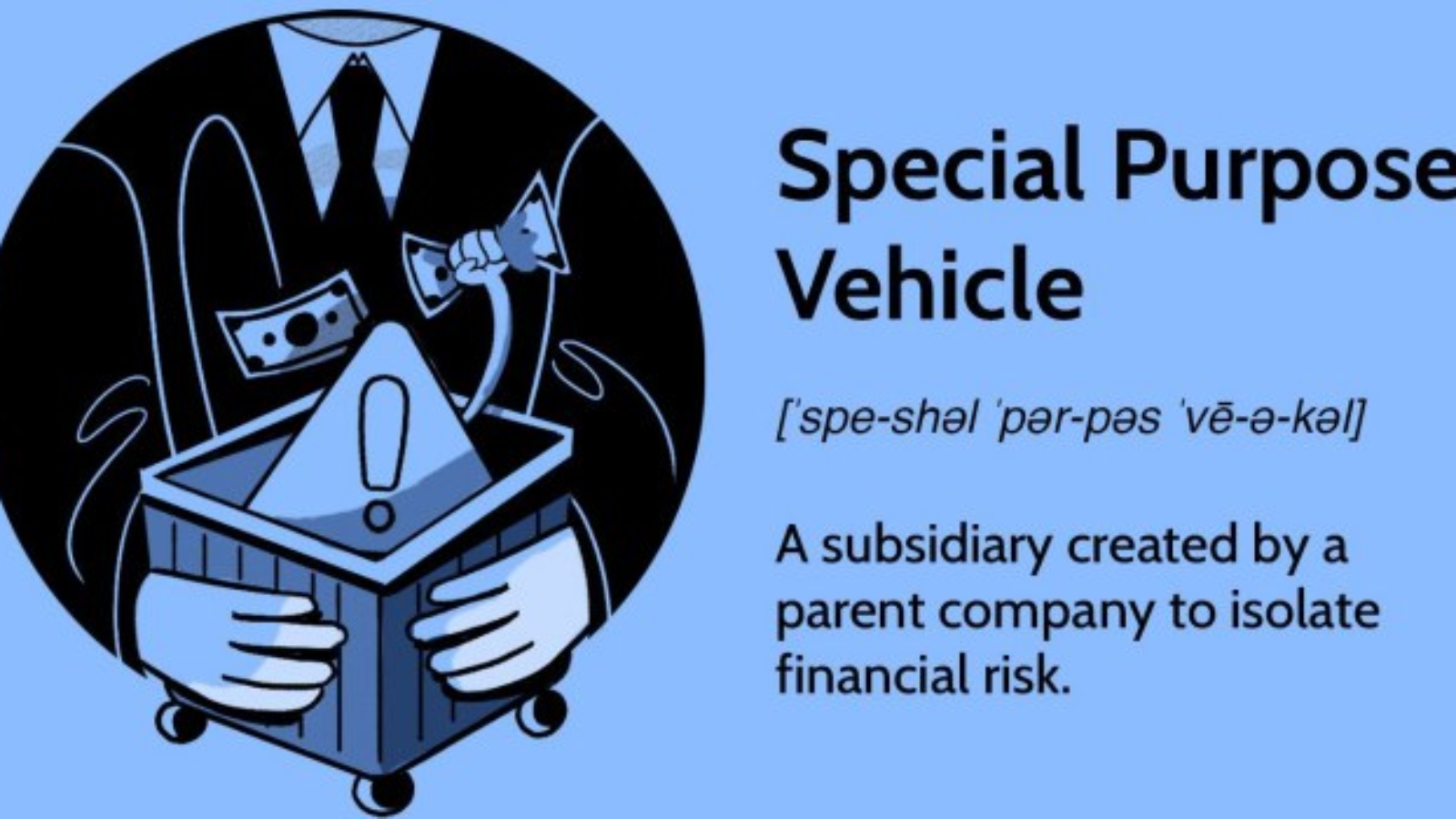Special Purpose Vehicle (SPV) companies are widely used in Hong Kong as a means of facilitating various business transactions. An SPV is a legal entity created for a specific purpose, such as holding assets or raising capital. In this blog, we will provide an overview of SPVs in Hong Kong, their benefits, and how they can be used by businesses.
What is an SPV?
An SPV is a legal entity that is created for a specific purpose, such as holding assets or raising capital. The purpose of the entity is defined in its memorandum and articles of association, and it has limited liability. An SPV is often used in complex transactions to isolate risk, protect assets, or facilitate financing.
What are the benefits of using an SPV in Hong Kong?
There are several benefits of using an SPV in Hong Kong, including:
- Limited Liability: The shareholders of an SPV have limited liability, which means their personal assets are not at risk if the company experiences financial difficulties.
- Isolation of Risk: An SPV can be used to isolate risk associated with a specific transaction, project or asset, thereby reducing the risk exposure of the parent company.
- Asset Protection: An SPV can be used to hold assets, such as intellectual property or real estate, thereby protecting them from creditors in case the parent company runs into financial difficulties.
- Facilitating Financing: An SPV can be used to facilitate financing, such as securitization, by providing a legal entity to hold the assets or securities being financed.
How are SPVs used by businesses in Hong Kong?
SPVs are commonly used by businesses in Hong Kong for a variety of purposes, including:
- Holding Assets: An SPV can be used to hold assets, such as real estate or intellectual property, to protect them from creditors or facilitate their transfer.
- Project Financing: An SPV can be used to finance a specific project or transaction, such as a merger or acquisition, by providing a legal entity to hold the assets being financed.
- Securitization: An SPV can be used to securitize assets, such as loans or mortgages, by providing a legal entity to hold the securities being issued.
- Joint Ventures: An SPV can be used to facilitate a joint venture by providing a legal entity to hold the assets or liabilities of the venture.




